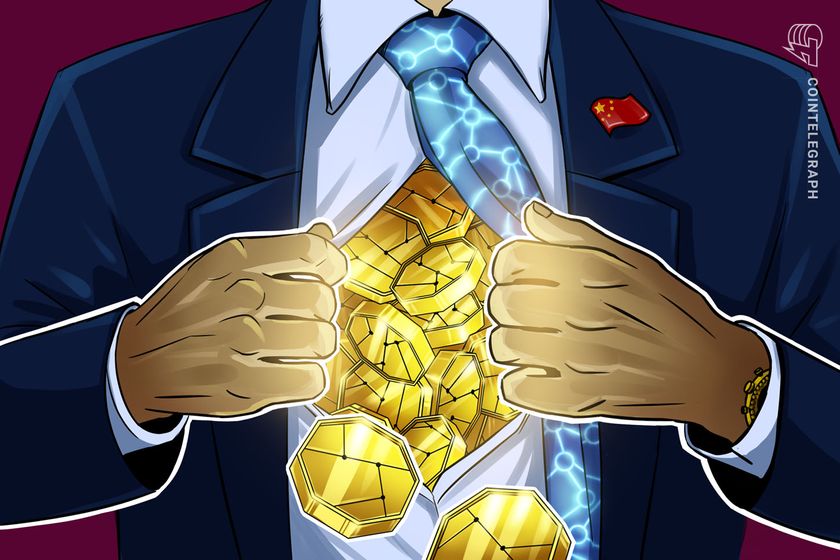16 April 2025


Local governments in China are reportedly seeking ways to offload seized crypto while facing challenges due to the country’s ban on crypto trading and exchanges.
The lack of rules around how authorities should handle seized crypto has spawned “inconsistent and opaque approaches” that some fear could foster corruption, lawyers told Reuters for an April 16 report.
Chinese local governments are using private companies to sell seized cryptocurrencies in offshore markets in exchange for cash to replenish public coffers, Reuters reported, citing transaction and court documents.
The local governments reportedly held approximately 15,000 Bitcoin (BTC) worth $1.4 billion at the end of 2023, and the sales have been a significant source of income.
China holds an estimated 194,000 BTC worth approximately $16 billion and is the second largest nation Bitcoin holder behind the US, according to Bitbo.
Zhongnan University of Economics and Law professor Chen Shi told Reuters that these sales are a “makeshift solution that, strictly speaking, is not fully in line with China’s current ban on crypto trading.”
Countries and governments that hold BTC. Source: Bitbo
The issue has been exacerbated by a rise in crypto-related crime in China, ranging from online fraud to money laundering to illegal gambling. Additionally, the state sued more than 3,000 people involved in crypto-related money laundering in 2024.
China crypto reserve floated as solution
Shenzhen-based lawyer Guo Zhihao opined that the central bank is better positioned to deal with seized digital assets and should either sell them overseas or build a crypto reserve.
Ru Haiyang, co-CEO at Hong Kong crypto exchange HashKey, echoed the suggestion saying that China may want to keep forfeited Bitcoin as a strategic reserve as US President Donald Trump is doing.
Related: Bitcoin rebounds as traders spot China ‘weaker yuan’ chart, but US trade war caps $80K BTC rally
Creating a crypto sovereign fund in Hong Kong, where crypto trading is legal, has also been proposed.
This issue has gained attention amid rising US-China trade tensions and Trump’s plans to regulate stablecoins and foster growth and innovation in the crypto industry.
Several industry observers have suggested that China’s tariff response could result in a devaluation of the local currency, which may result in a flight to crypto.
Magazine: Illegal arcade disguised as … a fake Bitcoin mine? Soldier scams in China: Asia Express